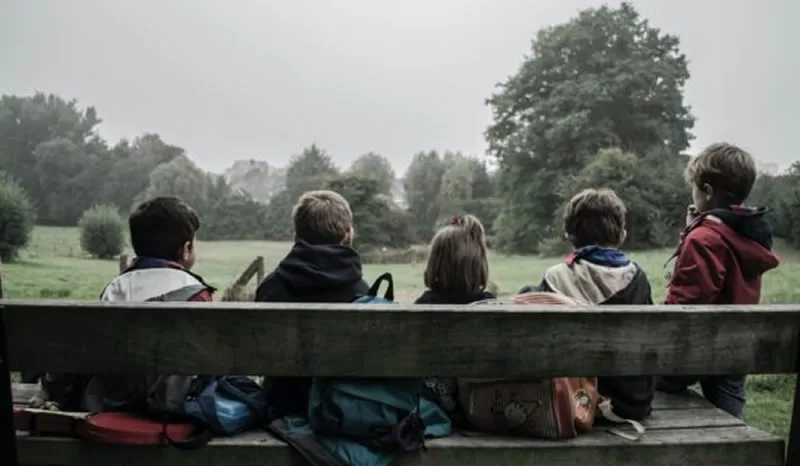Travel
Home Office recommendations for expedited child asylum procedures
Recently, the Home Office revised its guidelines regarding the expedited procedure for children’s asylum applications. To address the backlog of asylum requests, this policy was first implemented in 2023. After nearly two years, the expedited procedure is no longer limited to applications submitted before March 2023.
In a nutshell, asylum-seeking children from high-grant rate countries (at present Afghanistan, Eritrea, Sudan, and South Sudan—Vietnam was previously included but has been removed) are, in most cases, not required to attend lengthy substantive interviews but are invited to attend preliminary information meetings instead. These meetings are shorter interviews focusing on specific questions around risk, family background, and nationality.
Both unaccompanied and accompanied children fall within the remit of this policy and it also applies to children who have turned 18 while waiting for an asylum decision.
How does the streamlined process work?
Once a case is identified by the relevant Home Office team (the Children and Secondary Case Progression Unit), the child (as well as their representative and responsible adult) will be notified that they are eligible for the streamlined process and will be issued a letter with some introductory questions, covering security and family background details. The guidance notes that the introductory questions are voluntary and, if no response is received, the child will be invited to a preliminary information meeting thereafter.
Preliminary information meetings can take place at any point after the child has their welfare interview, regardless of whether their statement of evidence form has been submitted (meaning that for eligible children, a statement of evidence form is no longer mandatory). However, the guidance suggests that these meetings should not take place until at least two weeks after unaccompanied applicants have been taken into local authority care and, for accompanied applicants, two weeks after their asylum claim is registered.
Responsible adults (i.e. a social worker or guardian for unaccompanied children and a family member for accompanied children) are required to be present at these meetings. Legal representatives can attend but the policy emphasises that meetings will not be delayed to ensure their presence.
The guidance describes preliminary information meetings as an opportunity for decision-makers to ask questions covering the child’s nationality, the basis of their claim, their family background (and to establish whether family tracing is appropriate) and to ask the child questions about the evidence that they have submitted as part of their claim. The obvious distinction between these meetings and substantive interviews is that these meetings should be brief and decision-makers should not raise any credibility issues during them. Meetings are not audio recorded, though applicants are given a copy of the written transcript afterwards.
Once a preliminary information meeting is completed, the decision maker will consider whether asylum can be granted or whether further information is needed (for instance, if any credibility issues need to be clarified). The policy makes it clear that no negative decision can be made following a preliminary information meeting and that an applicant must be allowed to clarify any issues at a substantive interview.
If a positive asylum decision cannot be made after the meeting, the applicant will be asked to attend a substantive interview. When this is required, decision-makers should try and use shorter and more targeted interviews, addressing the specific areas of concern. Nevertheless, the policy makes it clear that it is open to decision-makers to use longer substantive interviews if this is needed to decide the claim.
This policy was initially introduced by the Home Office in 2023 in an attempt to reduce the asylum backlog. The recent update to the guidance means that the streamlined process for children’s claims will continue to operate. It is a positive development, especially considering that the existing safeguards remain in place (with substantive interviews being required if a positive decision cannot be made).
However, the process remains restricted to a limited number of nationalities. It is particularly concerning that Vietnamese children are now excluded, considering that most will have experienced (or might still be experiencing) trafficking and exploitation.
As a final reminder, as noted in the updated guidance, even if a child does not fall within the scope of this policy, under paragraph 352 of the immigration rules, a positive decision might be made in their case without a substantive interview where the child is unfit or unable to be interviewed. It is good practice for representatives to request for a positive decision to be made without a substantive interview in cases where children are particularly vulnerable
Related posts:




















